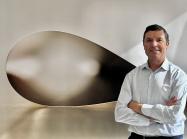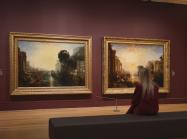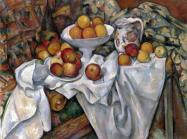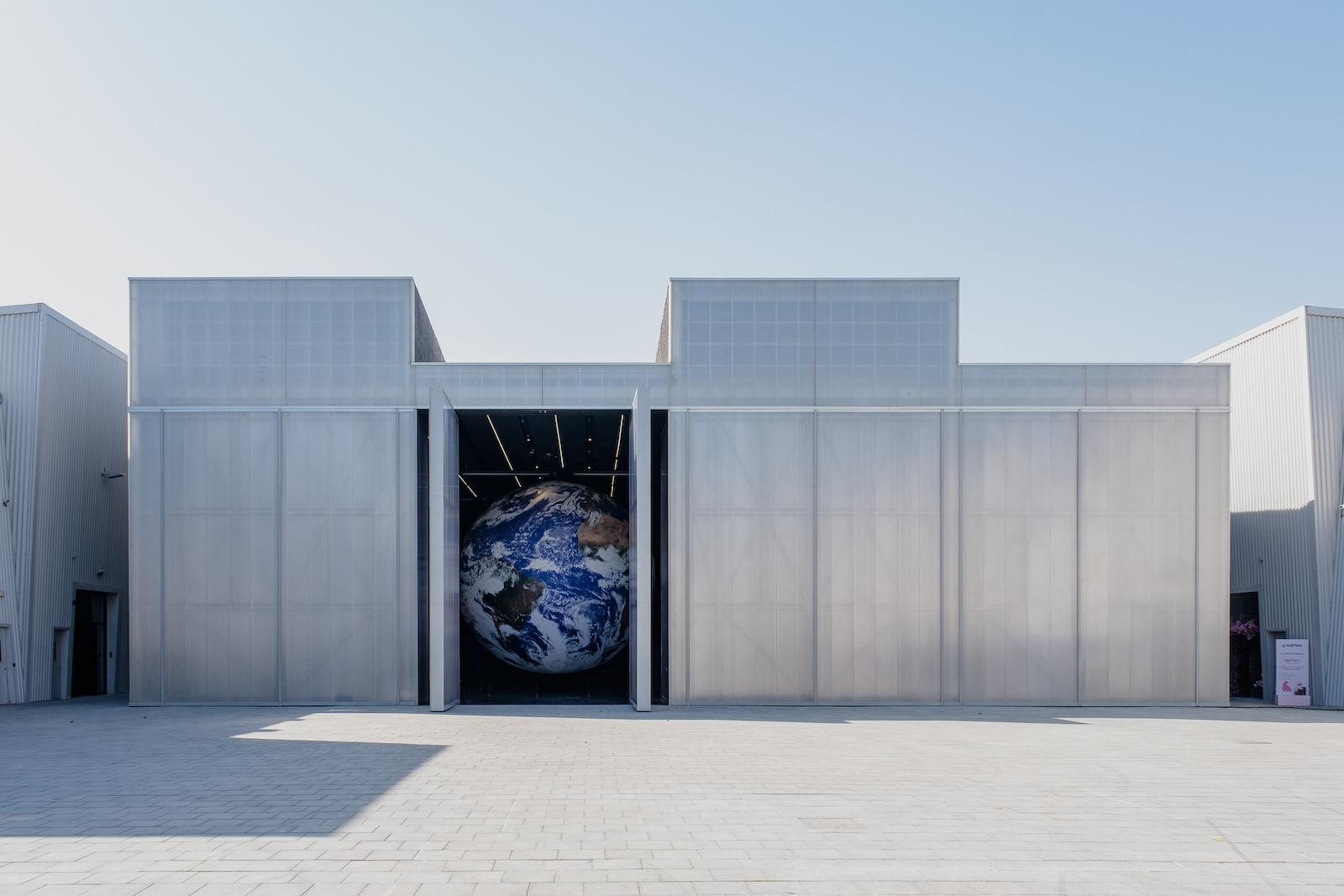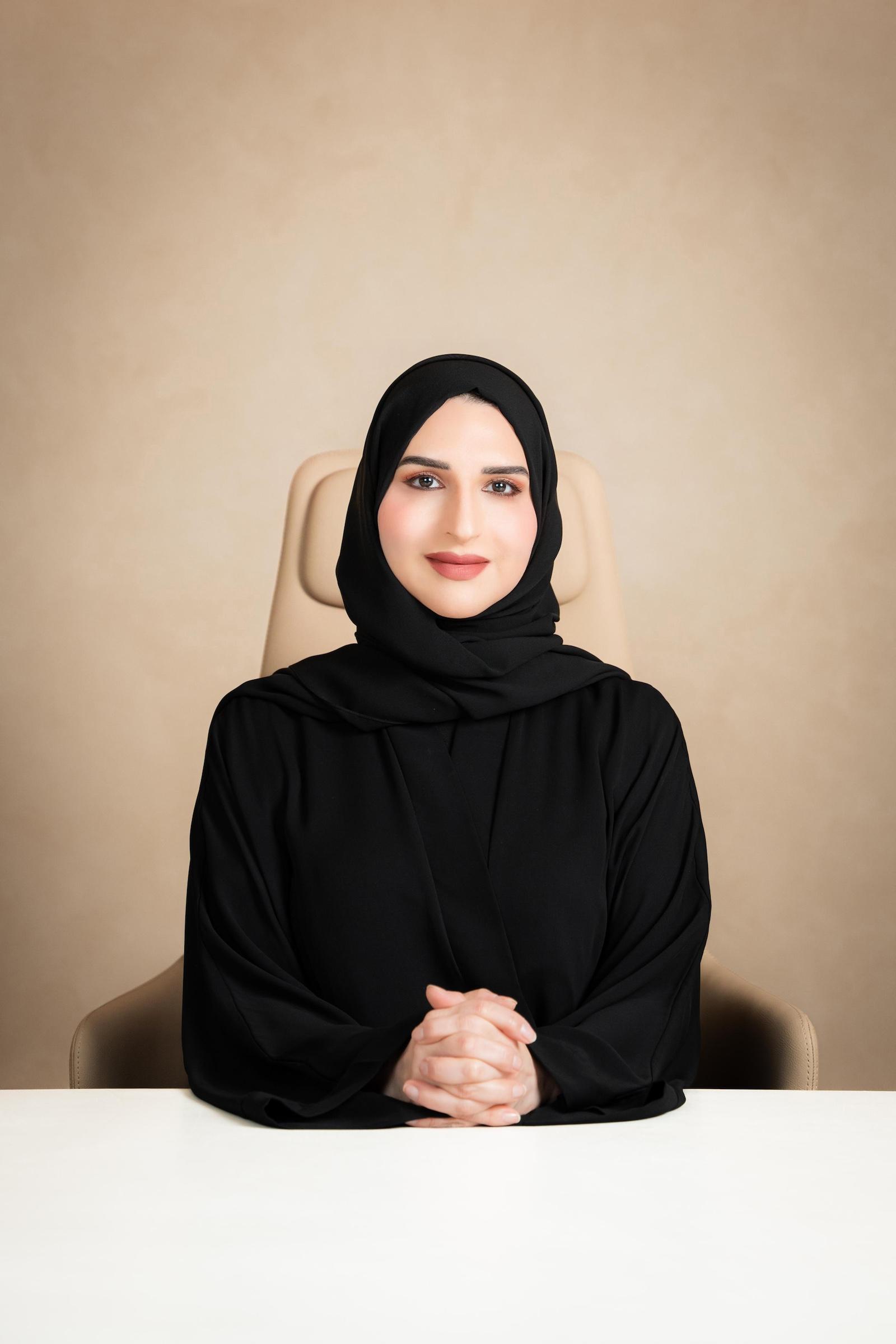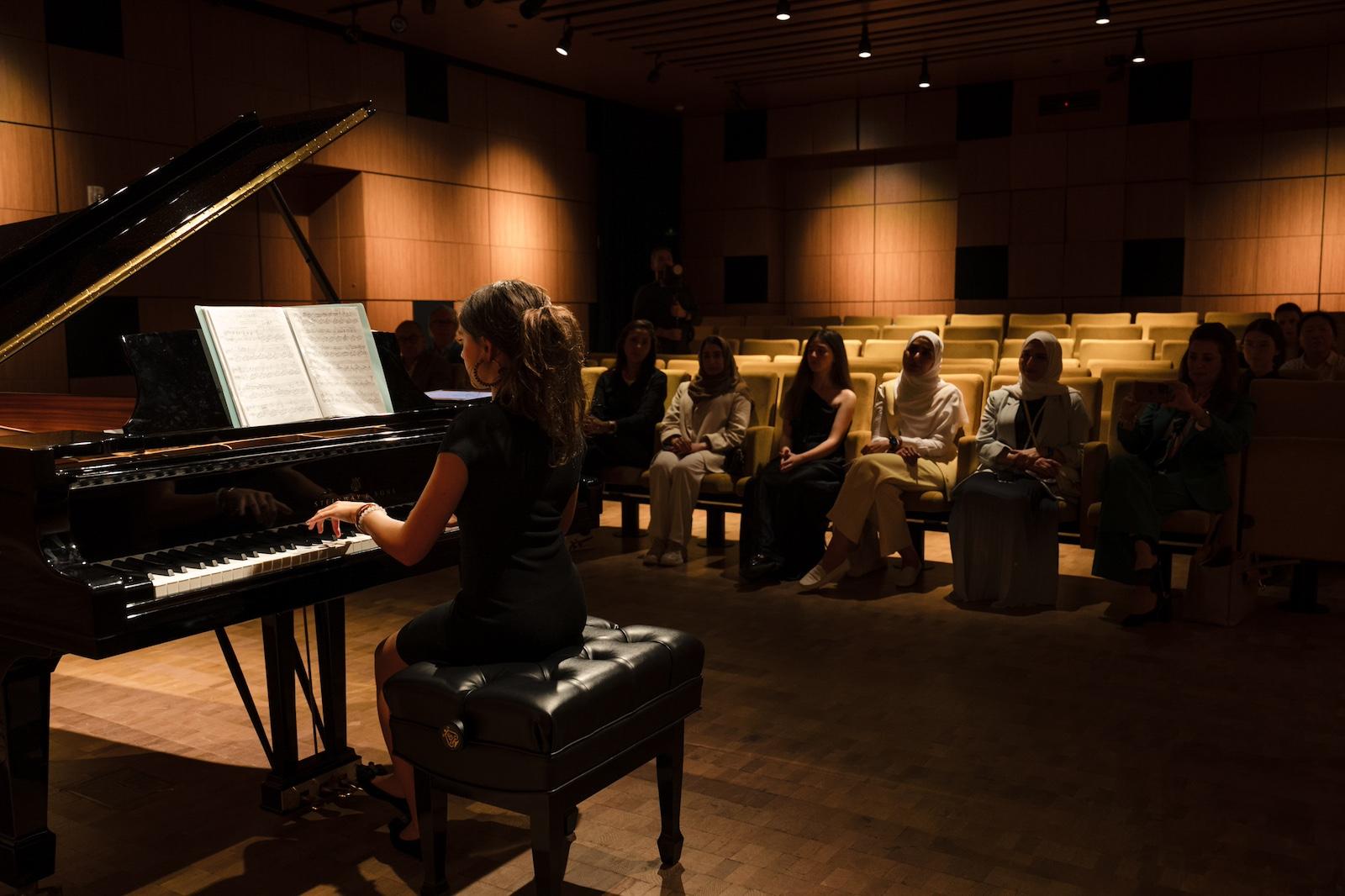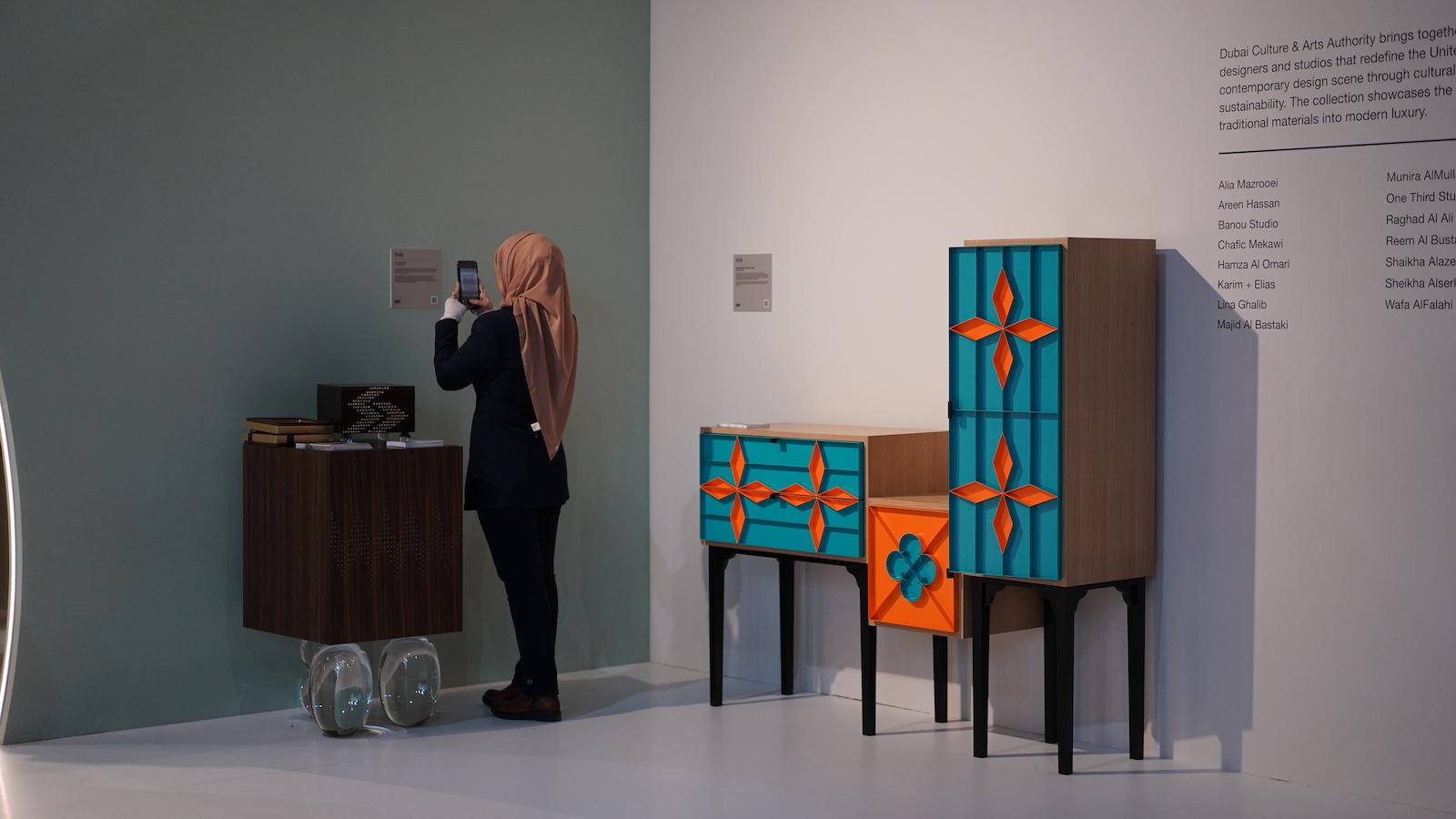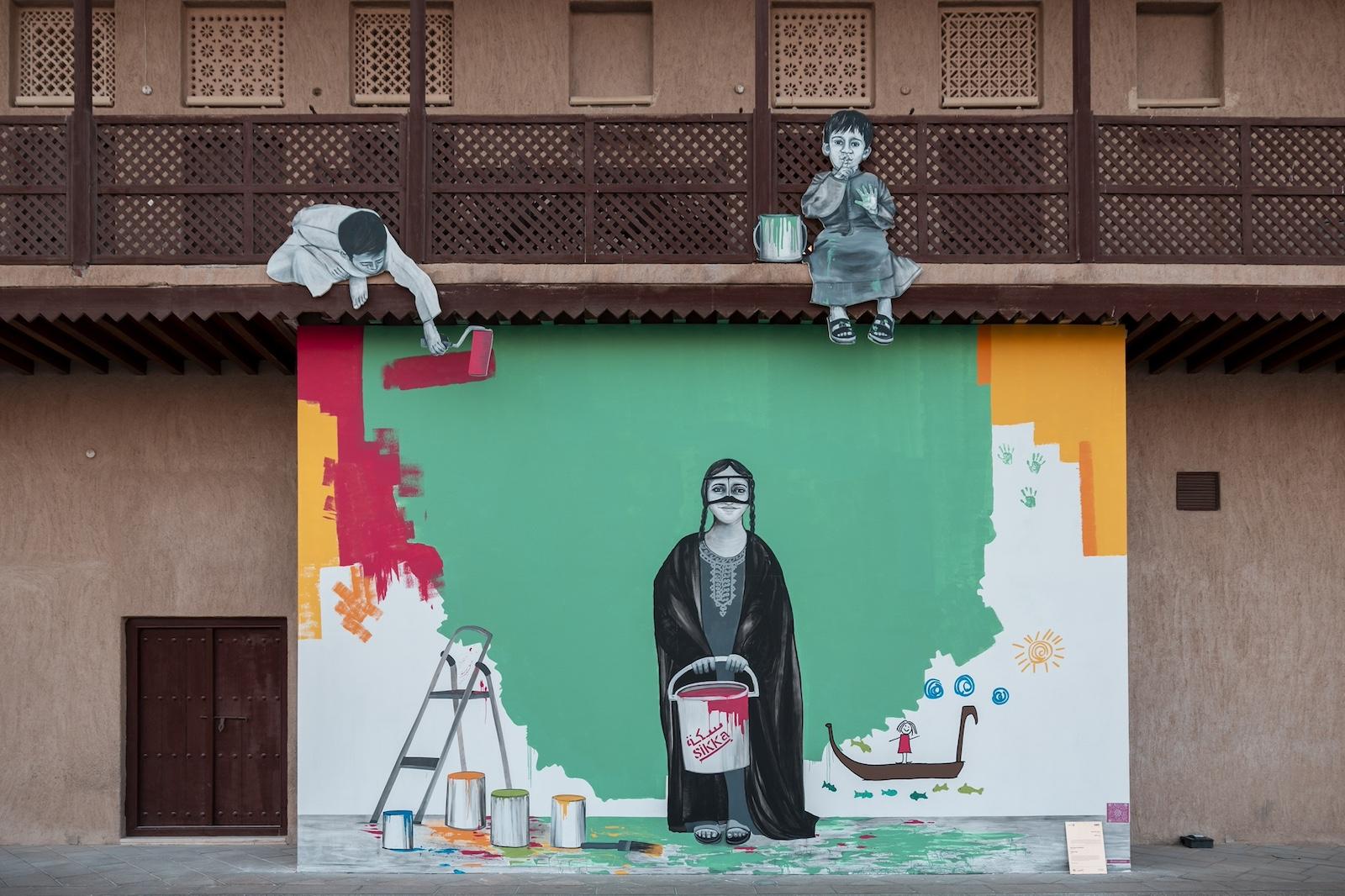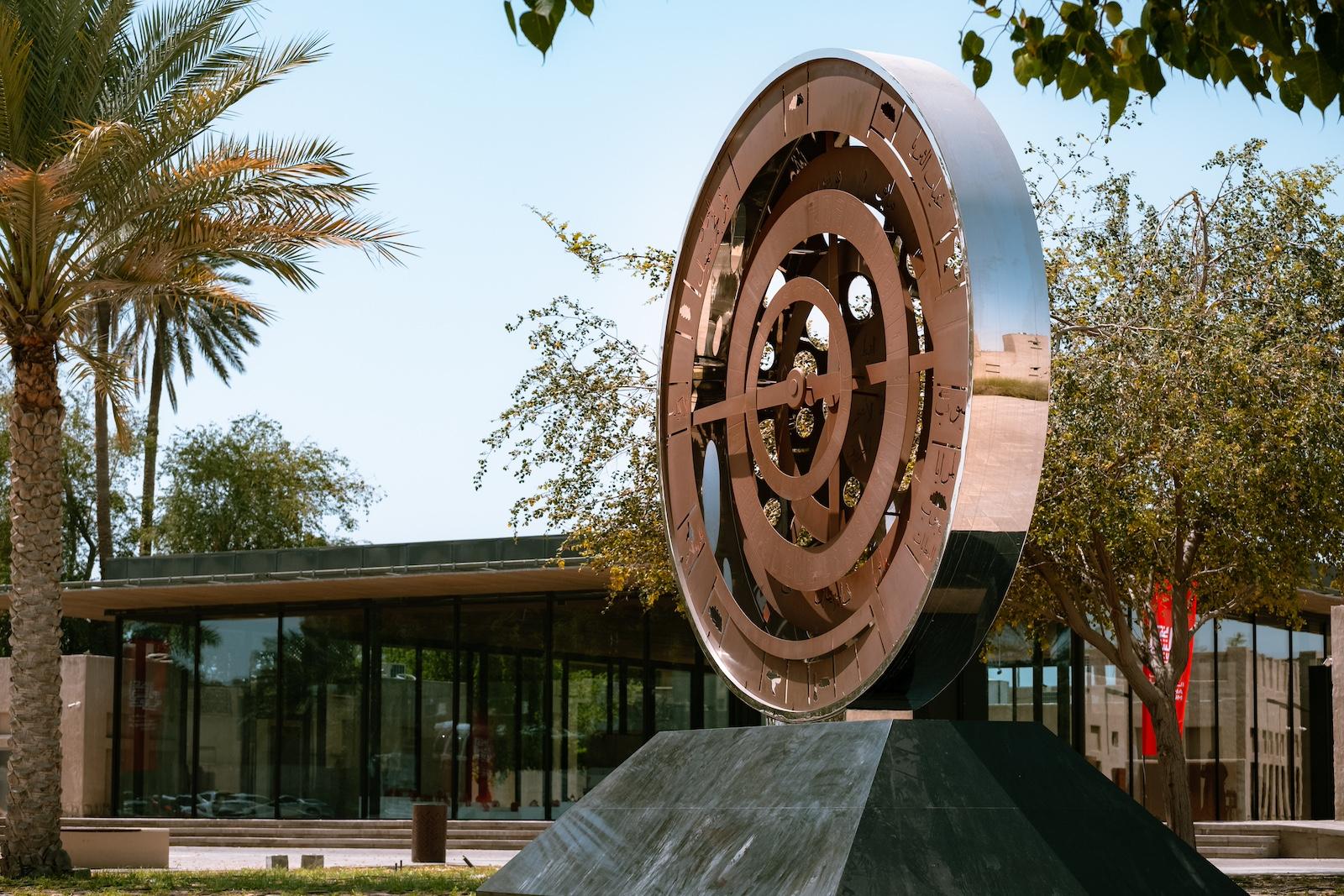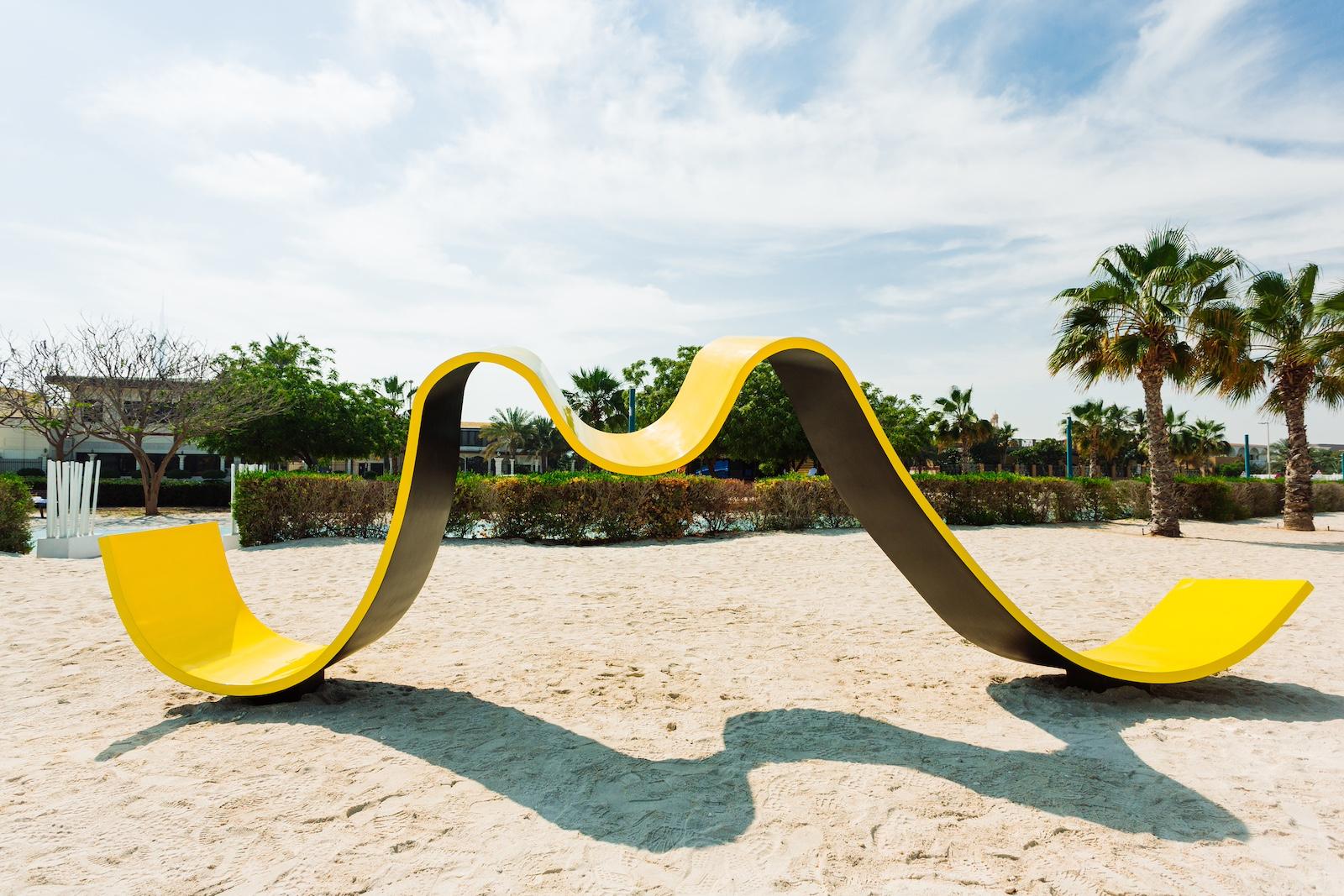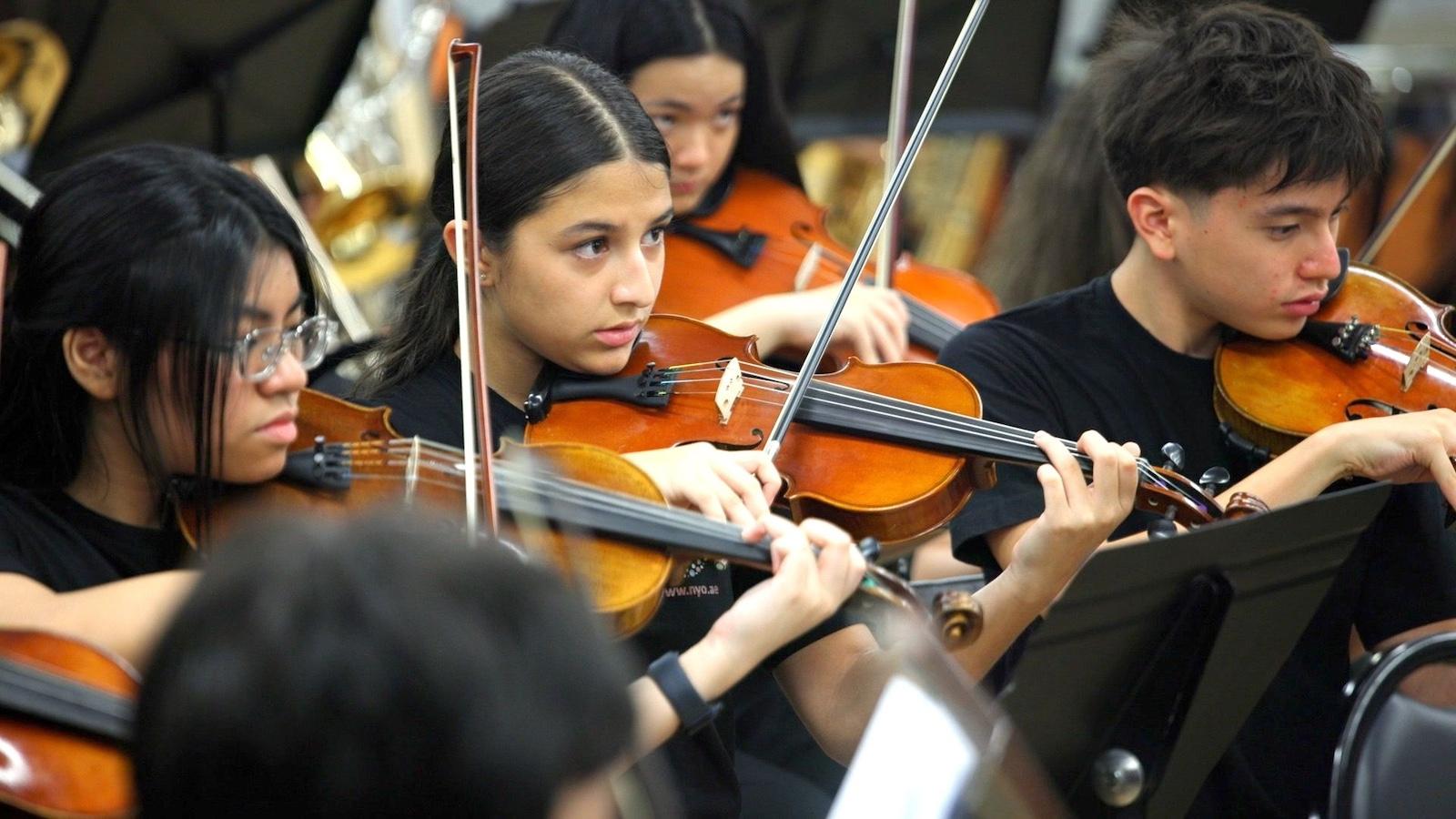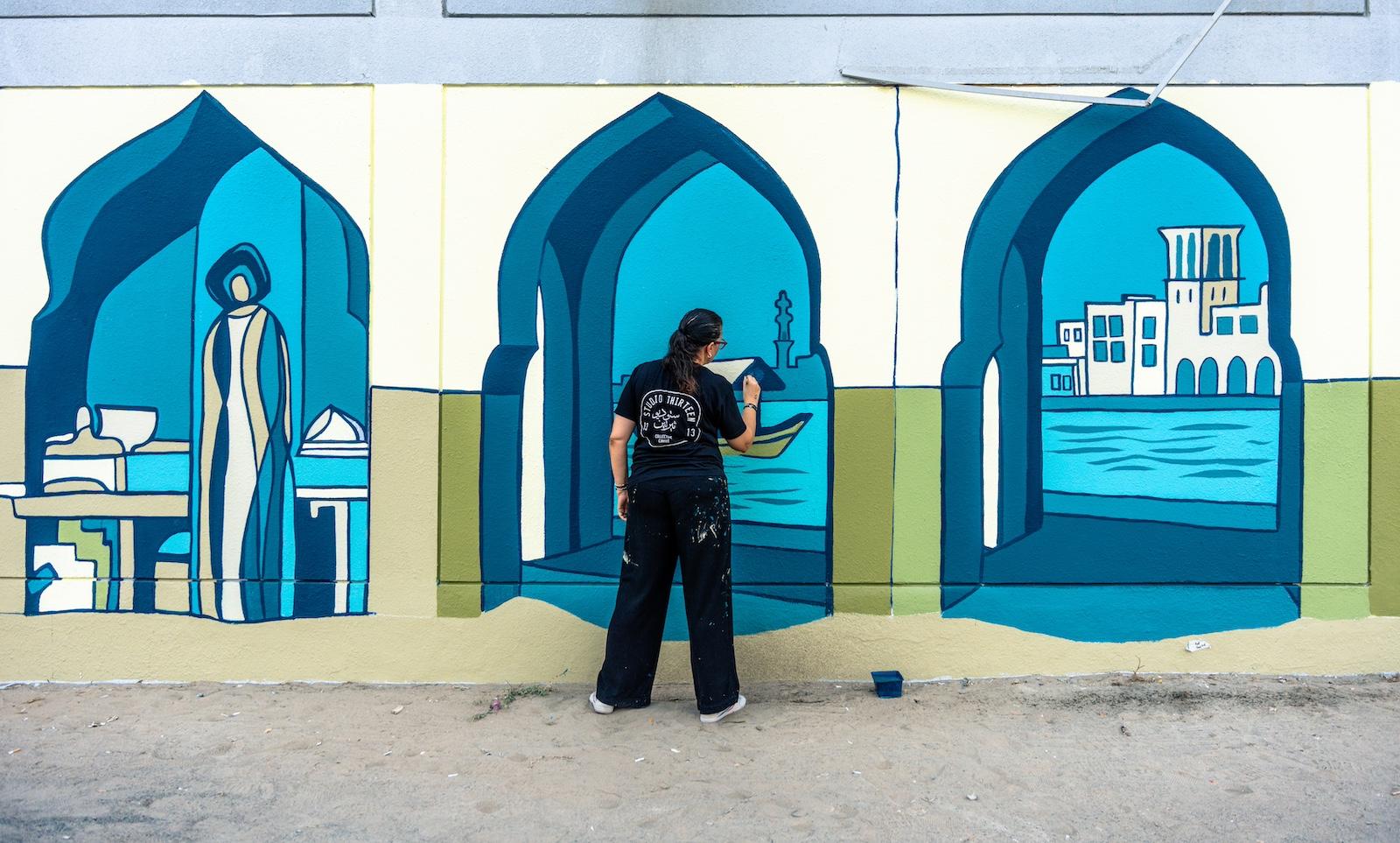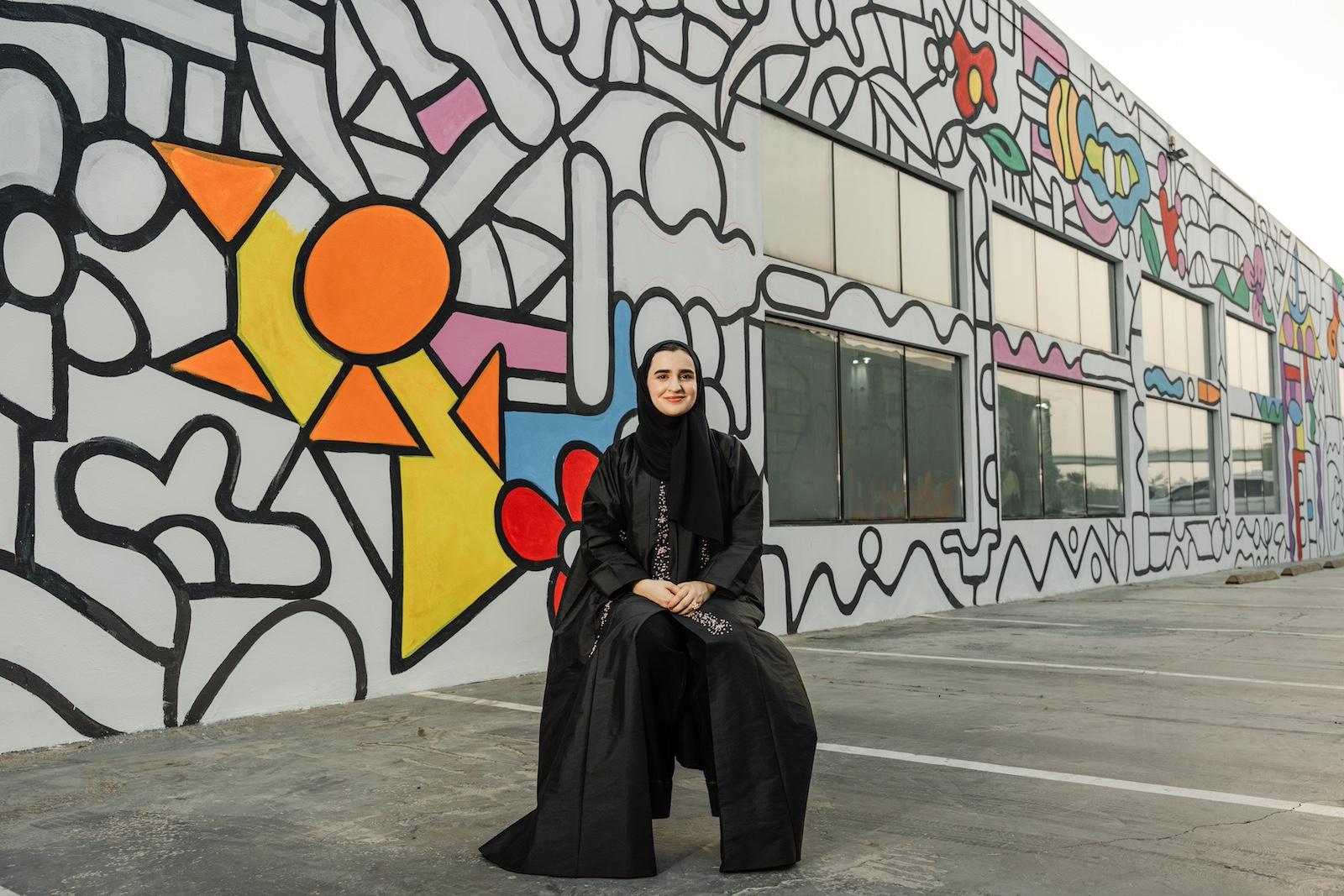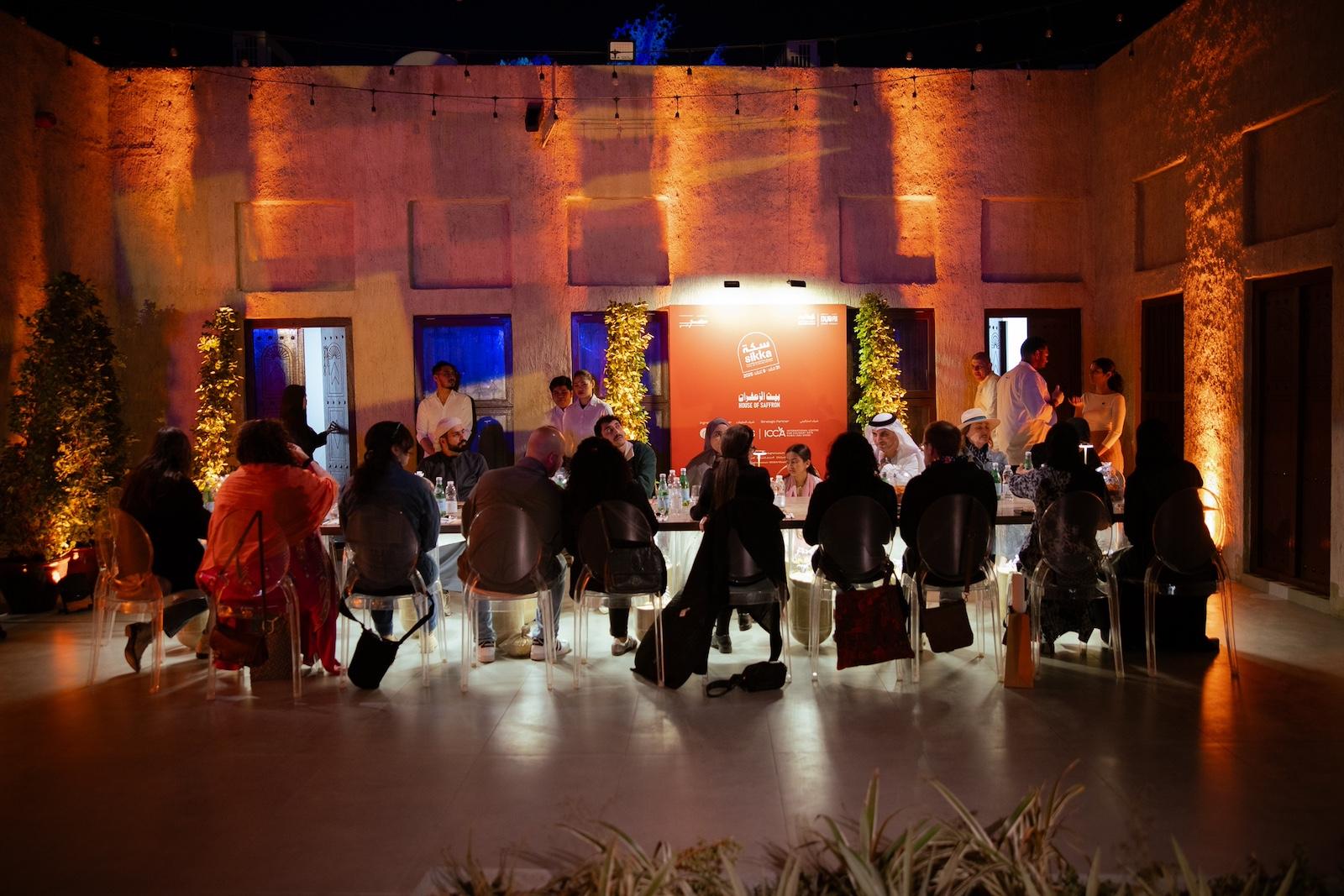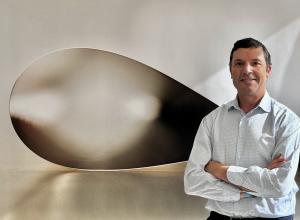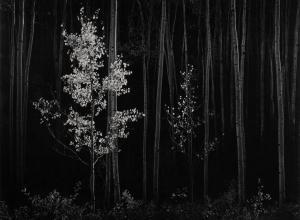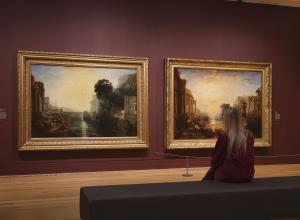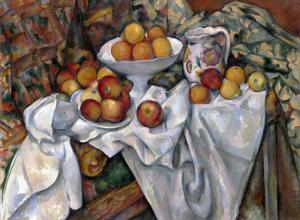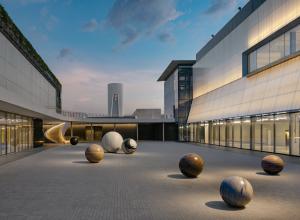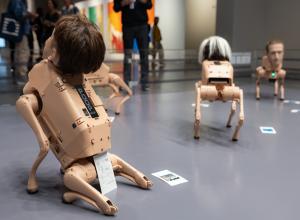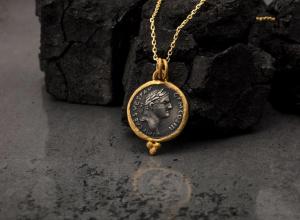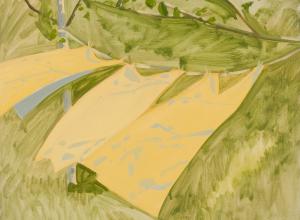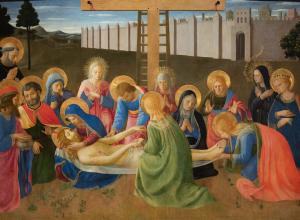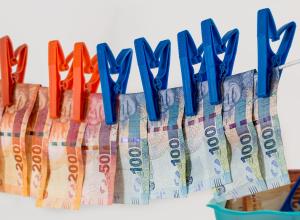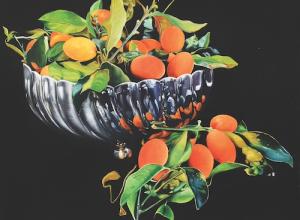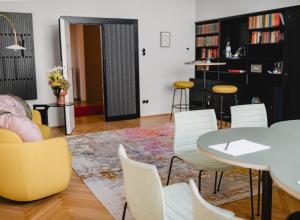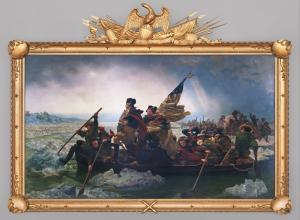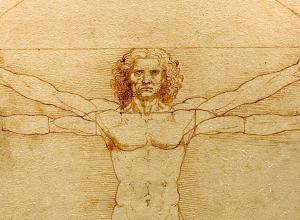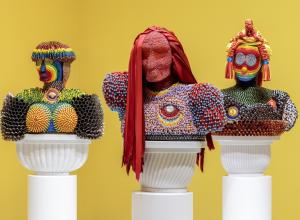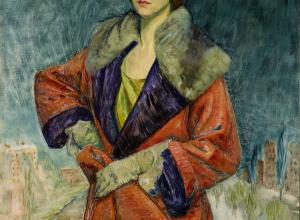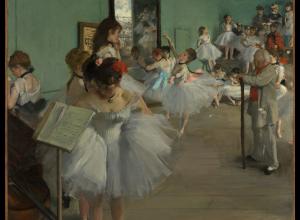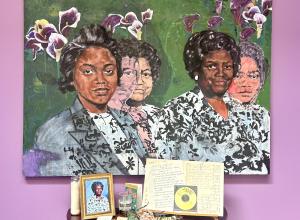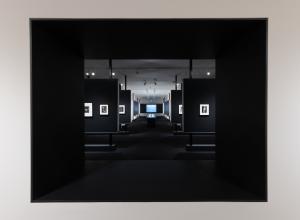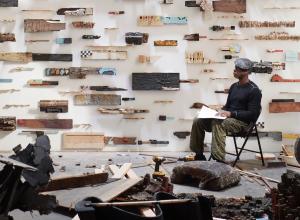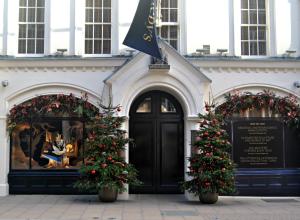The city has created specialized cultural districts, such as the Al Quoz creative zone, to support a lively arts and creative scene. This effort promotes creative expression and helps define a progressive cultural identity for Dubai. Art & Object recently interviewed Hala Badri, Director General of the Dubai Culture and Arts Authority, to discuss how the government’s creative economy strategy emphasizes culture as a crucial part of the city’s economic plans.
Paul Laster: What role has culture played in the development of Dubai?
Hala Badri: I believe culture is at the heart of Dubai’s evolution. We have built this city by embracing its past. The heritage of the Creek, our museums, and our libraries are part of who we are, and they give this fast-growing metropolis the confidence that comes from knowing its own story.
Culture must extend beyond gallery walls. That’s why we have deliberately placed art in parks, neighbourhoods, and public spaces, weaving it into everyday life. That way, it opens conversations, invites every generation in, and it shows our youth that creativity is not just welcomed, it’s encouraged.
As an industry, it also drives real economic and social progress. Look at what’s happening in Al Quoz Creative Zone, or how our designers are being showcased internationally, from Paris to the Venice Biennale, or even our musicians performing at Carnegie Hall. These opportunities don't happen by chance. We build the pathways. The creative economy brings investment, jobs, and global collaboration. For me, culture has been one of the strongest levers in shaping Dubai’s present and its future.

